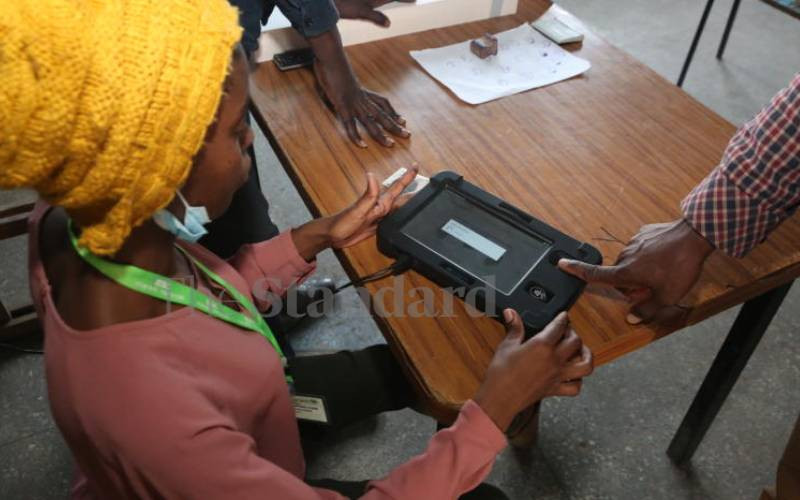×
The Standard e-Paper
Fearless, Trusted News

The modern corporate entity is in flux, continuously in search of stability in an unstable environment. As such, governance matrix for modern corporate entities envisage progressive boards whose members can confront unfolding realities.
From recent events at the Independent Electoral and Boundaries Commission (IEBC), where there was a split among commissioners, we saw the country stare at a possible constitutional crisis and damaged reputation of individual commissioners and the commission as a whole.